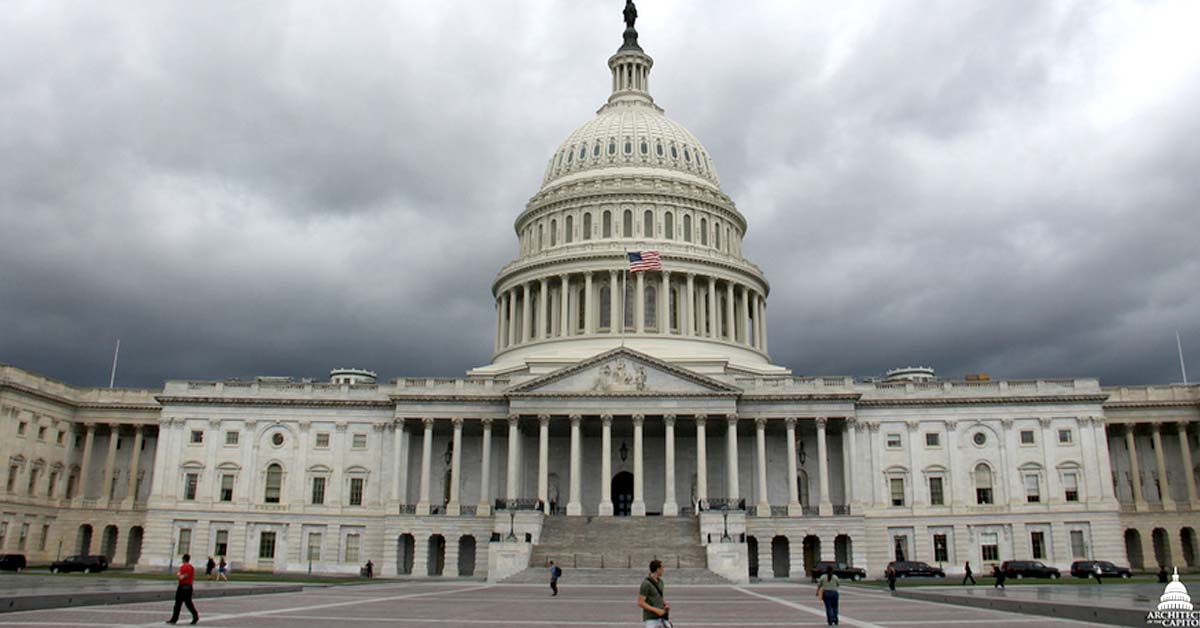Seven CEOs from the world’s largest pharmaceutical companies met with lawmakers on Capitol Hill for what some are calling a potential turning point in the public perception of the industry. The meetings focus on the continued outcry against the rising cost of drugs. For instance, insulin, which has not changed much since its launch over 100 years ago, continues to increase in cost without generic alternatives. The question is, why? And what, if anything, can be done about it? These top stories and more in this week’s edition of the Innovation Partners BioBlog.

NCCN Academy for Excellence & Leadership in Oncology
School of Pharmaceutical & Biotech Business
3.20.19 Orlando, FL
Learn about models for successful collaboration in practice management and Health Information Technology
FDA, Flatiron Health expand cancer research partnership
The U.S. Food and Drug Administration and Flatiron Health, a technology and services specialist, announced a two-year partnership to evaluate how real-world evidence, derived from de-identified patient datasets curated from electronic health records, can help support regulatory decision-making. The two groups will focus on cancer populations and will collaborate on new analytic methodologies, to name just a few goals.
READ MORE
Drug Prices Based On Success Could Speed Up Cancer Patients’ Treatment
According to Cancer Research UK, paying for drugs based on success might speed up treatment. Outcomes-based payment would mean a drug’s price is adjusted based on how well it works. The U.K.’s NHS may pay less in this case for a drug when it works less well than for a drug that demonstrates consistent results. It can be difficult to evaluate efficacy of new drugs, which can also be more expensive than common ones. England’s cancer data already captures some of this information.
READ MORE
Germans develop breast cancer blood test
German researchers have developed a test to improve early detection of breast cancer. The new test, dubbed the HeiScreen, can detect cancer in the blood even before it is visible using current screening methods. Worldwide, over 627,000 women died of breast cancer in 2018. The test could lower death rates through earlier detection and treatment.
READ MORE
Drug pricing fight centers on insulin
Why is the cost of insulin skyrocketing? That’s what lawmakers want to know. Although the drug hasn’t changed much since its discovery 100 years ago, the cost keep going up. There are no generic forms available, either. Eli Lilly, Sanofi and Novo Nordisk control 99 percent of the world’s insulin. Lawmakers demand they explain their pricing structure.
READ MORE
Four things to watch as drug executives head to Capitol Hill on Tuesday
Executives for seven major drug companies include AbbVie, AstraZeneca, Bristol-Myers Squibb, Johnson & Johnson, Merck, Pfizer and Sanofi will speak before the Senate Finance Committee. They are there to address the rising cost of drugs. Insurers and, more specifically, pharmacy benefit managers (PBMs), which have been widely maligned by the pharmaceutical industry and Trump administration as a reason for higher prices, are the expected scapegoats. Payers have already issued a preemptive rebuttal, assuming they will be blamed for the issues.
READ MORE
Payers, providers to CMS: Don’t end silver loading
Insurers responded to the Trump administration’s decision to end CSRs through silver loading, in which they would put most premium increases on silver plans. These plans are used as the benchmark to determine federal subsidies, so silver loading provides an alternative path to reduced cost-sharing. Payers and providers are urging CMS to continue to allow silver loading, absent a plan to reinstate cost-sharing reduction payments for ACA exchange plans.
READ MORE
Big Pharma grilled on the Hill: International pricing, AbbVie CEO’s bonus and bye-bye rebates
Pharmaceutical companies were accused of scheming and profiteering, coming under intense scrutiny and sometimes heated rhetoric from lawmakers on Capitol Hill. Seven CEOs met with lawmakers to discuss how they price their drugs. Drug prices have been under scrutiny by the Trump Administration. Lawmakers are demanding to know why Americans pay more for their medications than any other nation’s citizens. The CEOs, from AbbVie, AstraZeneca, Bristol-Myers Squibb, Merck & Co., Johnson & Johnson, Pfizer and Sanofi put forth a few ideas for fixes. Most of the CEOs mentioned R&D spending and lifesaving drugs as the reason for costs.
READ MORE
Price hearing cheat sheet: CEOs prep for grilling, history repeats itself and more
The meetings this week between seven Big Pharma CEOs and lawmakers on Capitol Hill has been likened to the turning points in other industries. Some even liken these hearings to those experienced by the tobacco companies in years past. But what will be the outcome of the hearings? Can Americans expect real change or just another round of finger pointing? A look at the hearings on Capitol Hill and the experts weighing in.
READ MORE





